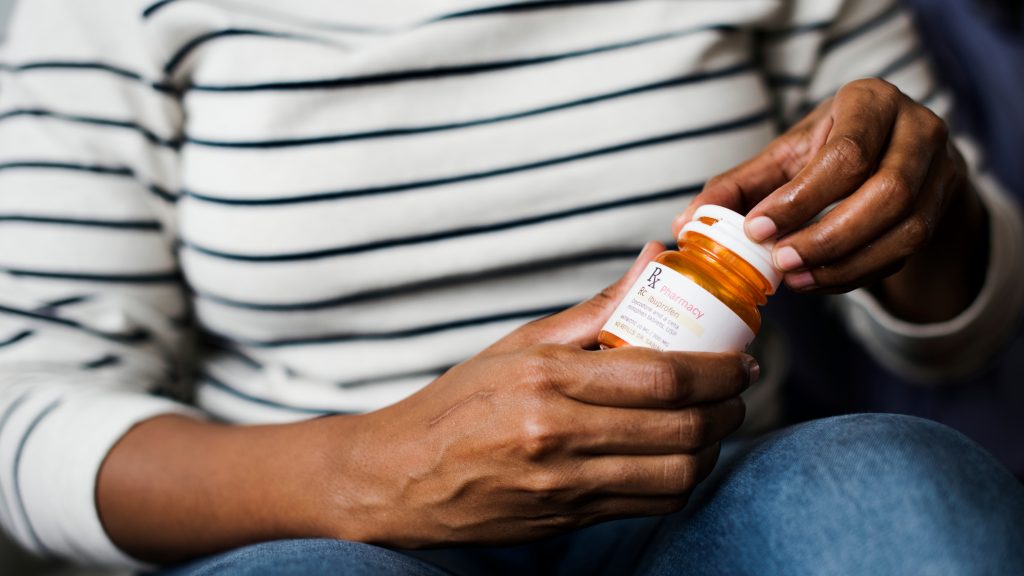-
Featured News
COVID-19: New daily routines for medications

Schedules and routines are being affected as people stay-at-home during the COVID-19 pandemic.
For instance, it might be difficult to stay on track with taking medications when you're not doing the things you usually do, according to Dr. Robert Bright, a Mayo Clinic psychiatrist.
Dr. Bright says it's especially important for people who have mental health issues, such as anxiety or depression, to keep up with their medicine. He says when you've lost that routine, it can be easy to slip off schedule.
"I would encourage people to establish a new routine and a new schedule," says Dr. Bright. "What time are you now getting up? Are you going to bed at a different time? When are you eating? And what are you doing with those in-between hours at home?"
"Set a reminder on your smartphone, or someplace in your house, or post sticky notes to tie those medications to something else you're doing, to remind you," Dr. Bright says. "Put the prescription bottle next to your toothbrush, so when you get up in the morning and go to bed at night, you see the medicine right there."
Watch: Dr. Bright talks about making new medication routines.
Journalists: Sound bites with Dr. Robert Bright are in the downloads at the end of the post. Please courtesy "Robert Bright, M.D. / Psychiatry / Mayo Clinic."
When you are anxious or depressed, Dr. Bright says, it's important to do the opposite of what you're feeling up to, to take care of yourself. He says don't withdraw and go to bed.
"With all that's happening, it can be easy to drift emotionally and psychologically into thinking, 'I don't really need the medication, or I don't feel like it, or it's so overwhelming I just can't do this today,'" says Dr. Bright.
He also warns that running out of medication is a problem and people might not have the emotional energy to deal with getting a refill.
"It's so important to fight against all this," he says. "This is a time of vulnerability, and it's not a time to stop medications. This is a time to be really consistent."
Dr. Bright adds that it's also a time to recognize when you might need help. He encourages you to call for help, especially if you're already established with a mental health provider. If you're really struggling, reach out to the National Suicide Prevention Lifeline, where you can call and talk to somebody. He or she can provide resources and connect you to counseling.
Finally, Dr. Bright emphasizes that people are not alone. He says people don’t struggle by themselves.
"It’s so important to reach out to the people who care about you and who you care about, to contact your mental health provider, a counselor, or a counseling hotline," he says. "It can be isolating, but you can be separated without being isolated."
For the latest updates on the COVID-19 pandemic, check the Centers for Disease Control and Prevention website. For more information and COVID-19 coverage, go to the Mayo Clinic News Network and mayoclinic.org.







